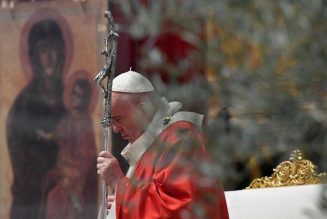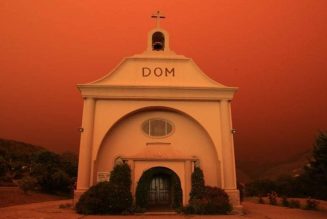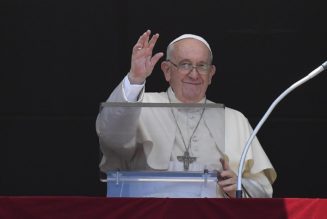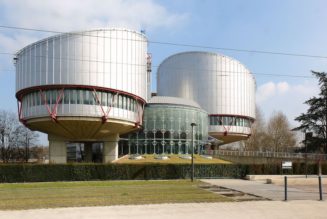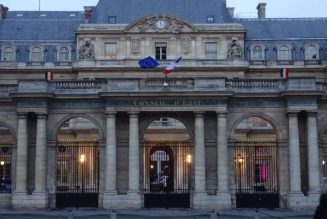In an interview with a German newspaper, Koch — an internationally respected theologian — had said he was shocked that, of all places, the German Synodal Way was talking about new sources of revelation.
“This phenomenon already existed during the National Socialist dictatorship, when the so-called ‘German Christians’ saw God’s new revelation in blood and soil and in the rise of Hitler,” Koch told the weekly Catholic newspaper Die Tagespost.
The “German Christians” (Deutsche Christen) were a Nazi-era pressure group that wanted to align Protestantism with racist Nazi Ideology.

In contrast, the opposing Confessing Church’s Barmen Theological Declaration spoke against such distortions of Christian teaching.
The 1934 statement said, in its first article: “We reject the false doctrine, as though the church could and would have to acknowledge as a source of its proclamation, apart from and besides this one Word of God, still other events and powers, figures and truths, as God’s revelation.’”
Following demands by Bishop Bätzing for an apology, Koch said in a response, written Thursday last week: “It was a matter of concern to me to recall the Barmen Theological Declaration in this context, because I still consider it important today, also for ecumenical reasons. In order to make the content understandable to those who read it, I had to briefly note what this declaration responded to.”
“In saying this, I was in no way comparing the Synodal Way with the mentality of the ‘German Christians,’ nor did I want to do so,” the Swiss prelate added.
Koch pointed out he was far from “alone in my criticism of the orientation text of the Synodal Way,” adding: “My critical comment, then, cannot simply be an expression of a completely mistaken theology.”
“Just as the so-called ‘German Christians’ — thank God — did not comprise all German Christians, I also, in no way, had all [Synodal Way] participants in mind with my statement, but only those Christians who represent the assertion formulated in the question. And I hope to continue to assume that this assertion is not the opinion of the Synodal Way.”

(Story continues below)
The Synodal Way — Synodaler Weg in German, sometimes translated as “Synodal Path” — is a controversial process that has come under sustained criticism from cardinals, bishops, and theologians both internationally and in Germany.
The Vatican intervened in July, warning of a threat of new schism from Germany arising from the process.
Writing about the Synodal Way, Pope Francis warned of disunity in his letter to German Catholics in 2019.
Cardinal Walter Kasper, a German theologian considered close to Pope Francis, in June 2022 warned that the German process is at risk of “breaking its own neck” if it does not heed the objections raised by a growing number of bishops around the world.
In April, more than 100 cardinals and bishops from around the world released a “fraternal open letter” to Germany’s bishops, warning that sweeping changes to Church teaching advocated by the process may lead to schism.
In March, an open letter from the Nordic bishops expressed alarm at the German process, and in February, a strongly-worded letter from the president of Poland’s Catholic bishops’ conference raised serious concerns.
Join Our Telegram Group : Salvation & Prosperity
